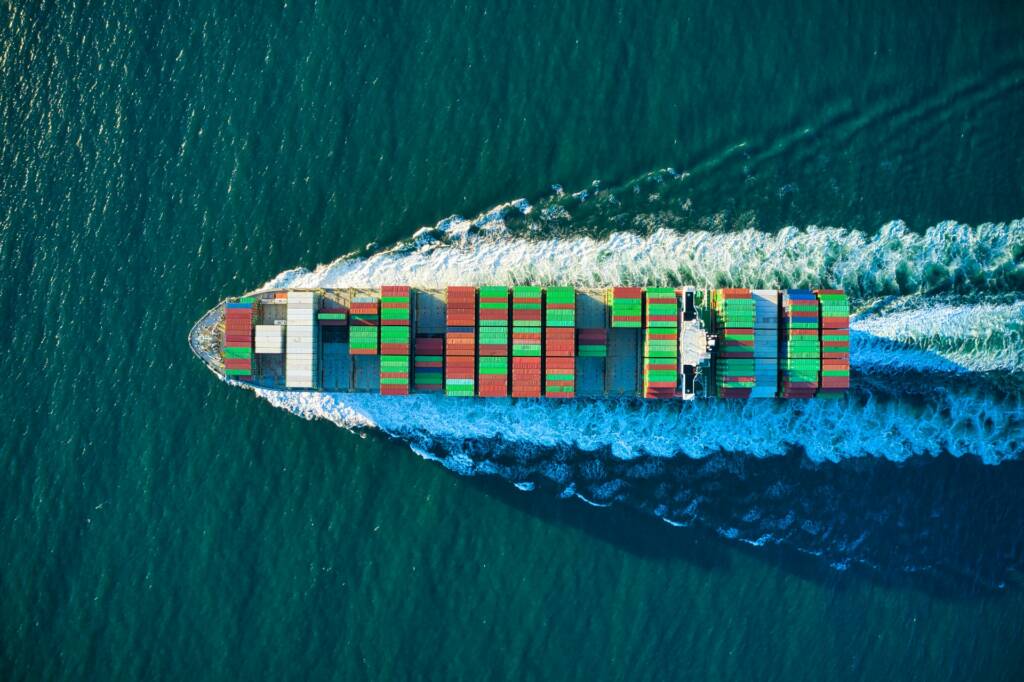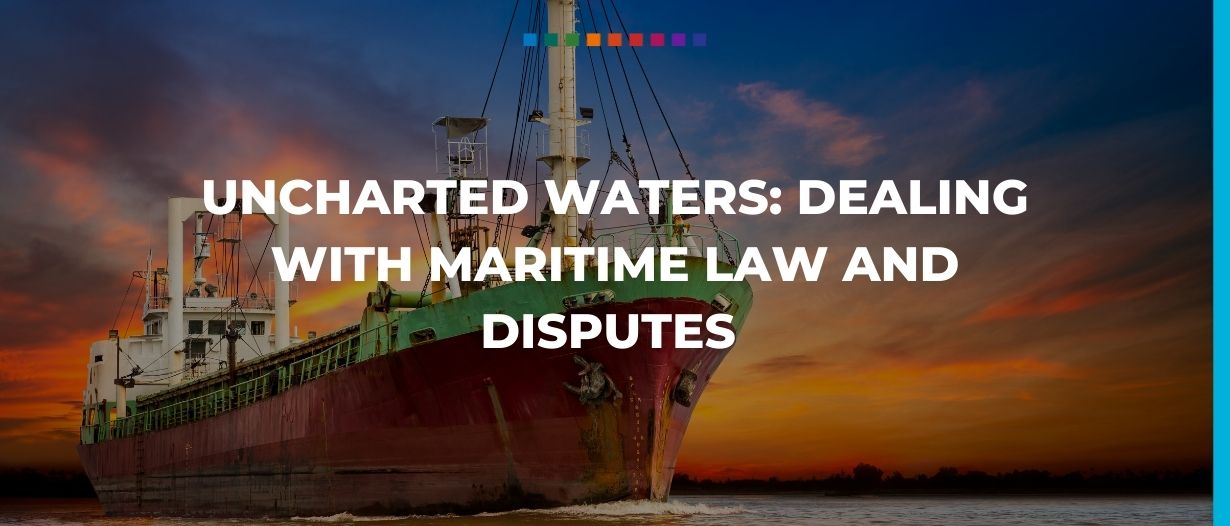What is maritime law?
Maritime law or Admiralty law, which originates from ancient Egypt, regulates commerce and navigation on the high seas and other navigable waters.
Ships and other watercraft vessels form part of the backbone of global trading, although many people are unaware of their importance. The daily workings of ships tend to be hidden from view, unless one of them hits the headlines, usually for the wrong reasons. The ship Ever Given notoriously blocked a narrow part of the Suez Canal in 2021. However, as one of the longest ships in the world, it had traded quite happily around the world since 2018, carrying hundreds of thousands of containers, completely under the radar.
There are about 90,000 ships trading around the world. They can carry anything from liquefied gas, chemicals and oils to sugar, iron ore, bauxite, sugar, grains, stones, cars, livestock, containers and large construction items.
ll ships face the same problems:
- bad weather
- risk of damage due to the conditions of the ports they call into
- problems with the crew, equipment and engines, or the cargoes they are carrying
Ships break down – they collide with each other and other objects they ground and, occasionally, they can sink. Every one of those problems internally or externally can lead to disputes about who should bear the risk for delay and damage.
In addition, all ships are on tight schedules and are often used by third parties who hire them to carry a particular cargo for periods or for a voyage. Contractually, they need to get from A to B, load a cargo and then get to the discharge port to remove the cargo, all as quickly as possible. Breach of contract claims whether it be in relation to the performance of the ship or its master are common.
Underpinning the worldwide movements of ships and cargoes is a sophisticated insurance market as well as a web of ships agents, correspondents, supply chain companies, surveyors and maritime lawyers.
The role of International Conventions in maritime disputes
Individual countries have recognised the need to come to some agreement on the manner in which activities take place on the sea and have entered into International Conventions on a whole range of issues.
The sinking of the Titanic led to the first of these – the International Convention for the Safety of Life at Sea in 1914. Other conventions followed like the International Convention for the unification of certain rules relating to bills of lading (Hague Rules) 1924. This set out the defences a ship-owner can use to avoid liability or minimise its exposure for damage to cargo. A revised version of these rules – the Hague Visby Rules, are still used today.
In 1952, the International Convention relating to the arrest of sea-going ships was signed up by various countries. This has also been updated, on a number of occasions but it essentially gave parties with particular claims against a ship the right to arrest it – before the merits of a claim had been decided – in order to get security for that claim. Many of those claims know as maritime liens, stay with the ship even though there is a change of owners or name.
The International Conventions are incorporated into the laws of individual countries who sign up to the Conventions.
Since the 1940s the work done behind the instigation and implementation has been overseen by the International Maritime Organisation.

Getting disputes resolved
These can arise at all stages of the contract, which involves the use of the ship. Typically, if you hire a ship for a period, you want to ensure it can achieve the speed and consumption and the ship is maintained, with an efficient crew on board. If you are the owner of the ship you are going to want to ensure that you receive hire or freight and that any unusual risks the ship is exposed to like unsafe ports, or war risk or piracy are paid for by those using it. All of these issues produce disputes.
Maritime law also covers disputes between a ship-owner and the party who own the cargo on board.
The use of ships is governed by lengthy and sophisticated contracts often between parties in different parts of the world. The use of offshore companies or special purpose vehicles is common. As a consequence of the complexity in the ownership of ships and the use of offshore companies to trade, a substantial array of pre-emptive tools are available across the world to get claims secured at an early stage of a dispute.
These include an arrest of assets, such as ships, cargoes or fuel on board ships, as well as the option of freezing a bank account in some countries up to the value of a claim, ahead of the dispute being resolved. The first question a lawyer should pose in a shipping case is how will my clients be paid if they succeed in their claim and very little is known about the other trading party. That said, most companies would work hard to try to resolve disputes commercially.
There are reported legal decisions in the English Courts, which go back to the nineteenth century, and earlier dealing with problems in shipping. The type of disputes dealt with by the court will be familiar to ship-owners now. Not much has changed.
In 1892, the London Court of International Arbitration set itself up as an alternative to the Courts to deal with commodity cases involving the movement of wheat, grains, sugar etc. around the world. That led the way to the rise of arbitration.
Arbitration offers a private and confidential service, which tends to be less adversarial to resolve disputes. The trend towards arbitration has continued and the vast majority of shipping contracts state that any dispute will be determined in arbitration, with arbitrators chosen by the parties.
Trends in maritime arbitration
The number of arbitration centres focused on maritime law have increased across the world in the last decade. Some of the centres provided a detailed analysis of the number of cases referred to them, others do not. London heads the league table as a preferred destination in those countries where statistics are produced, followed by Singapore and Hong Kong.
Mediations have gained some traction in the legal shipping markets, although their use is not for everybody. Often, the reason a party uses arbitration is to get an answer to a problem or dispute that crops up regularly, rather than being a one-off issue.





























